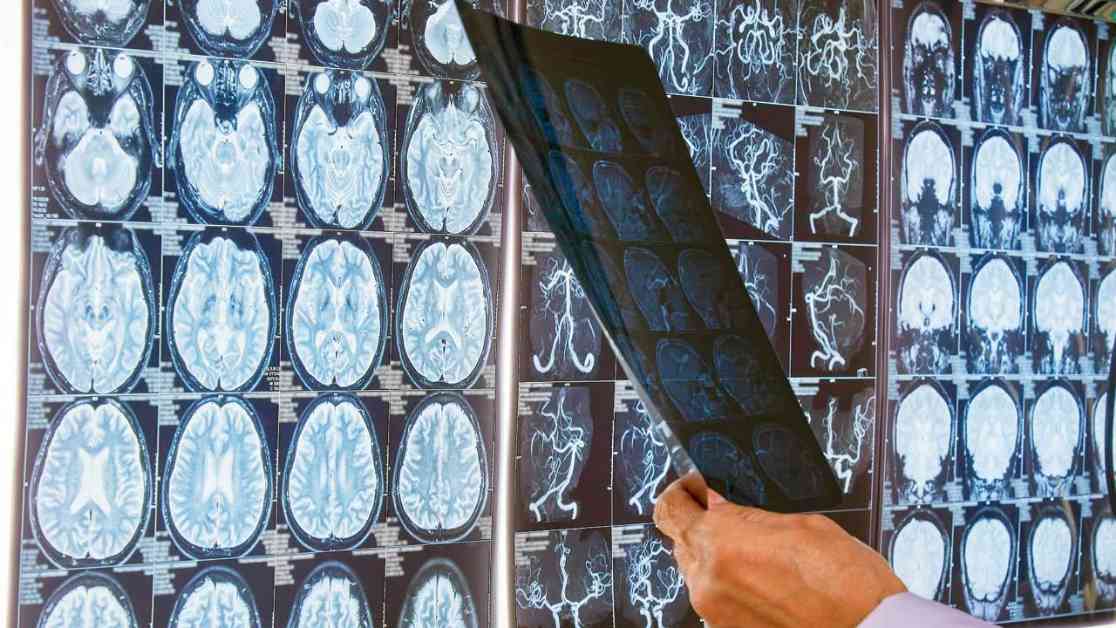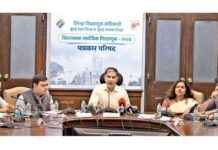Lancet’s Comprehensive Guide on 14 Risk Factors for Dementia
A year ago, Carol D’Souza experienced the devastating loss of her 95-year-old mother who battled dementia for a decade. The diagnosis was a shock to the family in Bandra West, who were unfamiliar with the condition. Carol’s mother was one of the 38,43,118 individuals in India living with dementia in 2019. Like many families, they are still searching for answers about the cause and why it happened.
The Lancet Commission recently released a report outlining 14 preventable risk factors for dementia. Dr. Pawan Ojha, a neurologist at Fortis Hiranandani Hospital, acknowledges that while there is an understanding of how dementia and Alzheimer’s disease occur, the underlying reasons remain unclear. The health ministry, in response to a question in Lok Sabha in 2022, highlighted the Lancet report and projected an increase in dementia cases in India to 1,14,22,692 by 2050.
Authored by 27 global dementia experts, including Dr. Suvarna Alladi at NIMHANS in Bangalore, the Lancet report identifies lower education levels in early childhood as a significant risk factor. It also points out various risk factors at different stages of life, such as hearing loss, high cholesterol levels, depression, brain injury, physical inactivity, diabetes, smoking, hypertension, obesity, and alcoholism in middle age. In later years, social isolation poses the highest risk, followed by air pollution and vision impairment.
Dr. Ojha explains the correlation between education levels and dementia, stating that higher education leads to more neural connections in the brain, resulting in greater cognitive reserves.
Data Reflections and Personal Stories
Carol, a psychologist and member of an Alzheimer’s association, reflects on the research findings in relation to her mother’s case. Despite her mother’s healthy lifestyle, she had hypertension, exposure to air pollution, and potential social isolation, contributing to a 10% risk of developing dementia. The Lancet study also notes a higher incidence of dementia in women compared to men.
Another Mumbai resident, Suraj Iyer, shares his father’s battle with dementia and the challenges they faced. While Suraj cannot pinpoint specific risk factors for his father, he acknowledges the importance of understanding possibilities and probabilities in disease development.
The Urgency for Government Intervention
The Lancet Commission report emphasizes the need for government intervention to address the rising incidence of dementia. Recommendations include making hearing aids accessible, providing quality education, reducing tobacco consumption, promoting exercise, managing blood pressure, treating high cholesterol and obesity early on, reducing alcohol consumption, preventing social isolation, screening for vision impairment, and minimizing air pollution exposure.
Dr. Ojha stresses the importance of implementing these recommendations to ensure a better quality of life for citizens and avoid a future public health emergency. He notes that government officials have shown willingness to act and must now strive to put these recommendations into practice.
In conclusion, the Lancet’s comprehensive guide on dementia risk factors serves as a crucial resource for understanding and preventing the condition. By addressing these risk factors and advocating for government intervention, we can work towards a healthier future for all individuals at risk of dementia.




















